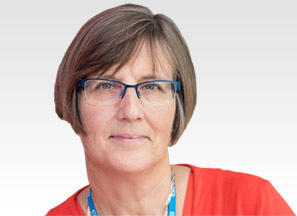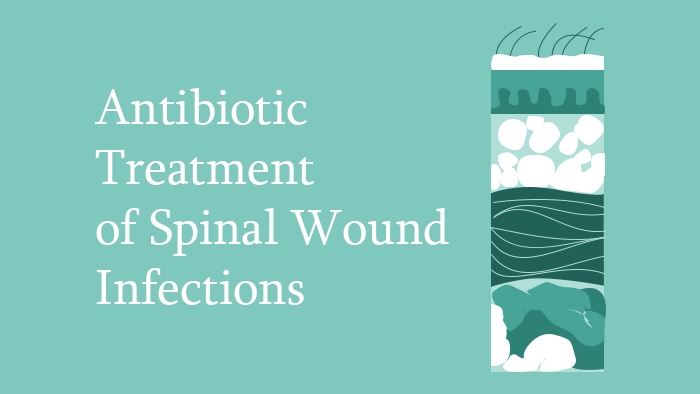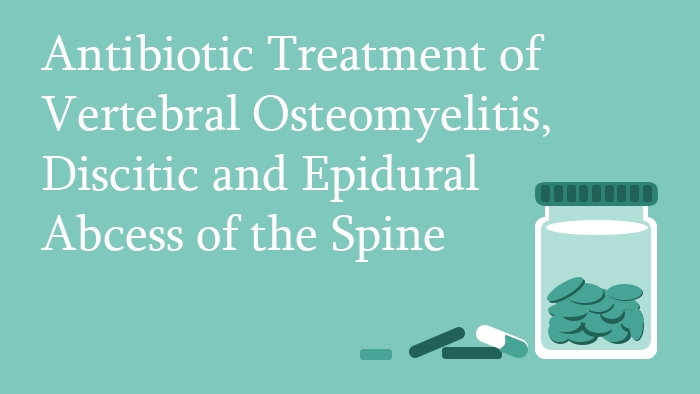Dr Vivienne Weston
eccElearning Spine Surgery Education Programme Faculty
Dr Vivienne Weston is a highly experienced consultant medical microbiologist and a key member of the eccElearning Spine Surgery Education Programme faculty. The Spine Surgery Education Programme contains 180 Spine Surgery Lectures, and contains Specialist Certificates and the full Postgraduate Diploma in Spine Surgery. The eccElearning Faculty is made up of over 140 spine experts and educators. They have collectively supported the development of the world’s first comprehensive, online postgraduate education programme in a medical sub-speciality, spine surgery.
Dr Vivienne Weston, MBBS MSc in medical microbiology FRCP FRCPath
- Consultant Medical Microbiologist, Queens Medical Centre, Nottingham, UK
Contributions of Dr Vivienne Weston
Lecture: Antibiotic Treatment of Spinal Wound Infections
This spine surgery lecture covers antibiotic treatment of spinal wound infections. Post-operative infection is multifactorial. S. aureus is an important pathogen in all wound infections but, in late onset implant infections, Proprionobacteria and Coagulase negative Staphylococci must also be considered. Samples are important to establish the causative organism(s). Antibiotic treatment should be reviewed and rationalised with the results of cultures. Surgical debridement is important and a surgical emergency if signs of septic shock or rapidly spreading infection occur despite treatment.
Lecture: Antibiotic Treatment of Vertebral Osteomyelitis, Discitis and Epidural Abscess of the Spine
Vertebral OM, discitis, and epidural abscess often occur as a result of haematogenous seeding. S. aureus is the most common cause of vertebral OM, discitis and epidural abscess but there are multiple other causative organisms which need to be considered. Empirical approaches are becoming less effective due to increasing resistance. Except in septic patients or patients with neurological compromise, empirical therapy should be withheld when possible until a microbiological diagnosis has been confirmed and targeted therapy initiated. An image-guided or intra-operative aspiration or biopsy of disc space or vertebral endplate sample submitted for microbiological and histological examination often establishes the microbiological or pathological diagnosis.




